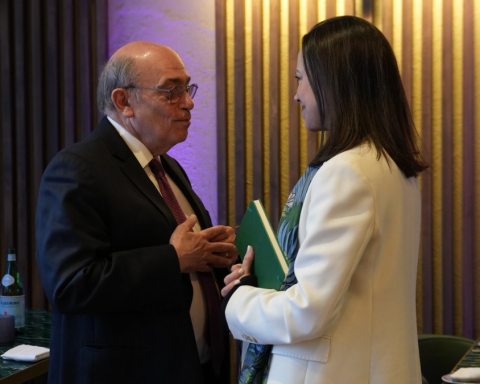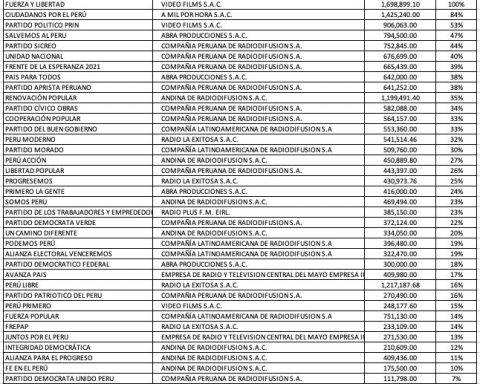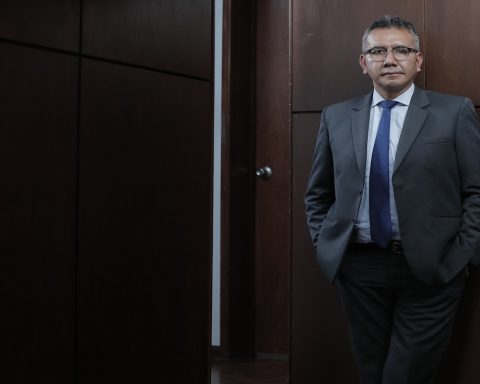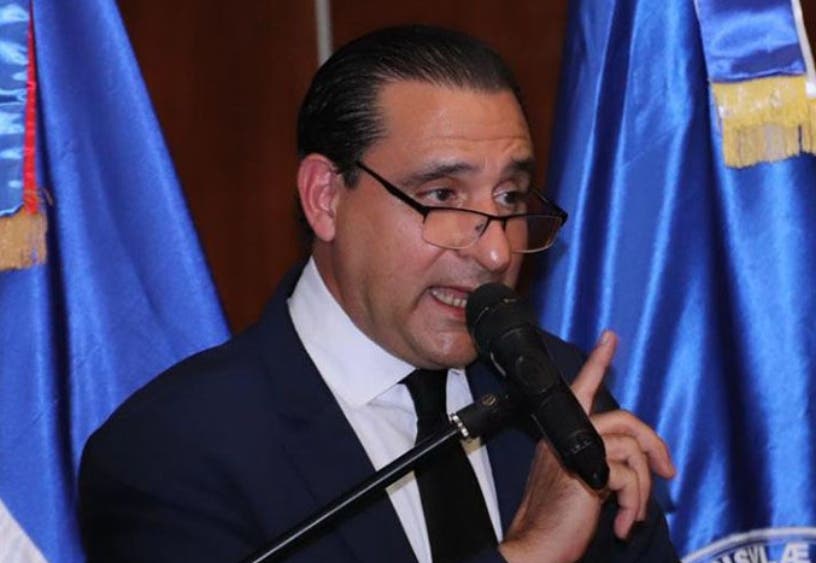Save Money is always recommended and beneficial, especially in times of crisis, says Eva Berlanga Valdez, coordinator of the Accounting and Finance program at the Universidad Privada del Norte (UPN), who points out that it is advisable to reserve between 25% and 30% of monthly income because it can be useful in emergencies or unforeseen events, such as illness or losing your job.
It is important to consider a goal in the medium or short term, but one that is realistic, such as buying an appliance or enrolling in a course, to motivate savings. It is useless to save part of your salary if you will use it to pay debts during the month.
Saving requires lifestyle adjustments, mainly by reducing superfluous expenses, such as going to the movies, buying accessories that are not needed in the short term or eating out at restaurants.
LOOK: Rural communities access FISE discount vouchers in more than 480 Tambos nationwide
To make savings effective, the expert recommends planning family purchases, keeping the money in a safe place, preferably in banks or municipal savings banks, and identifying and avoiding ant expenses, which are small but have an overall impact on our economy.
college student savings
Higher education students do not generate much income, but it is important that they start a culture of saving in the university stage to build an emergency fund that will help them face unforeseen events and achieve their goals.
“In UPN we care about maximizing the potential of our students, providing them with tools that help them achieve their professional and academic success,” said the UPN coordinator. She added some recommendations:
1. Keep track of expenses. You don’t need large sums of money to start saving.
2. Define short-term economic goals, allowing each day to get closer to the goal.
3. Plan a change in spending habits to replace them with savings habits, according to the person’s priorities.
















